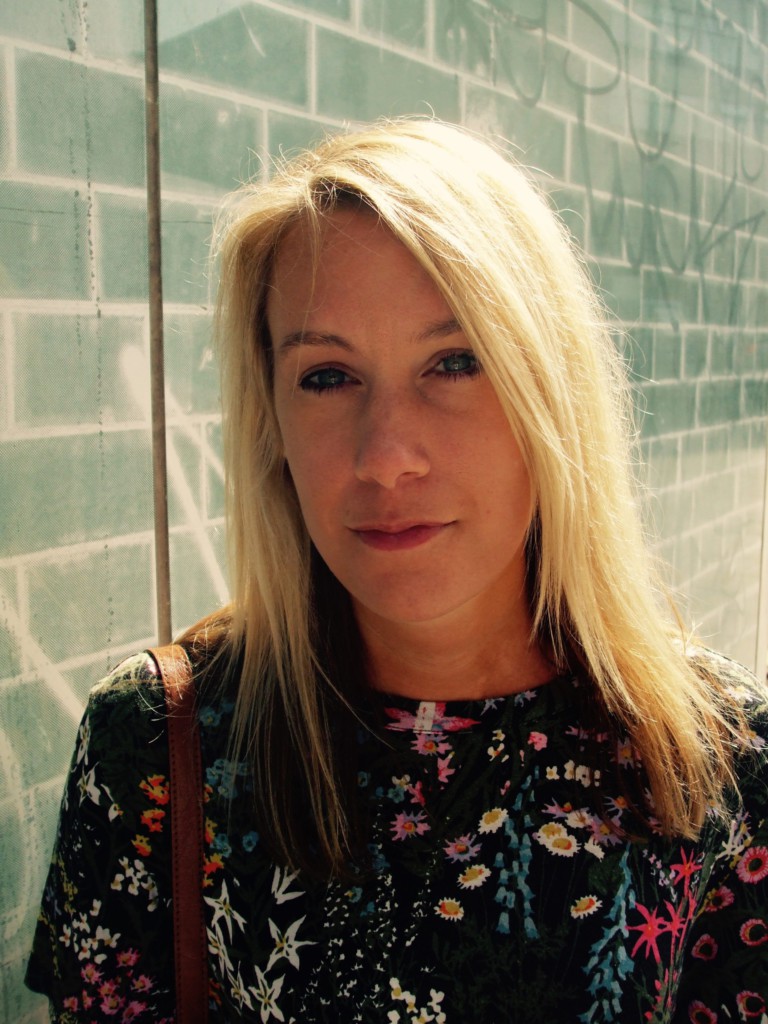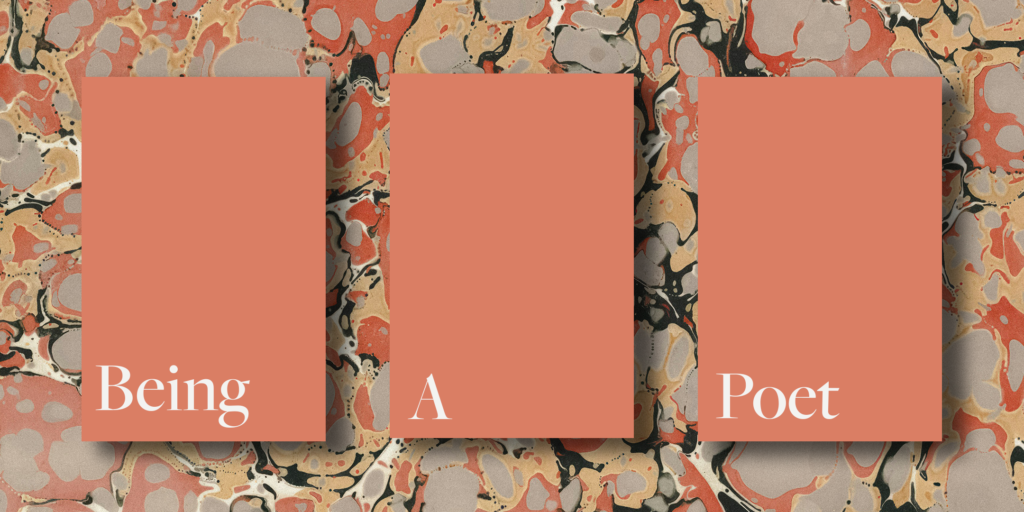In this series, we interview our tutors about poetry and its place in their world. These interviews will cover creative writing tips, excelling in a poetry workshop, building a literary career, and finding your poetic voice. Here’s Natalie Whittaker on ‘Taking Criticism Well‘
Why do you think it’s important for writers, particularly poets, to be open to criticism?
The best poems are usually the result of a collaborative process to some extent – thoughtful readers and editors can push your work into different directions or nudge it towards being the best version of itself. Poetry, in particular, can often be quite a solitary art form, so I’ve always welcomed criticism as a means to interacting with other writers.
Can you share with us any feedback you’ve had on your work, and how you have responded?
Ten years ago, I was told in a poetry workshop to be ‘bolder and ruder’ in my writing! The tutor meant that I needed to let my voice come through – she said that a lot of my lines sounded how I thought a poem should sound, or how poems I’d read sounded, rather than like me. I think that’s a common weakness in writers who are just starting out, and I took that advice on board. I’ve also been advised on more than one occasion to cut the opening line – or opening stanza – of a draft, and that advice has nearly always been right. Opening lines are often a bit of ‘warming up’ on the page before the poem really hits its stride; or some scaffolding that you can take away once the rest of the poem is in place.
What strategies do you use to separate yourself from your work when receiving feedback?
I think you have to keep in mind that eventually you will be separate from your work. At least in a physical sense! What I mean by this is that most writers want to be read, that is, published in some form. So at some point the poem will be read without you there to introduce it. Without you there to explain what a particular line means.
So you need to make sure that a poem stands on its own two feet without you. For that reason, it’s crucial that you witness how your poems are received by strangers. Their readings of the poem can be vastly different to what you originally intended, and can raise points or issues with the piece that you never would have considered. The aim of editing, to me, is to get your poems to a publishable standard, which means that someone you’ll never meet can read them and enjoy them, without you standing over their shoulder offering interpretations.
How do you decide which pieces of criticism to take on board and which to disregard? What role does community play in receiving and giving criticism, especially within a workshop context?
I think that when you’re first starting out it’s a pretty good idea to take everything on board. Assume that most criticism will be coming from readers and writers with more experience. But with time you’ll learn when to listen, and when to trust your instincts! All feedback, good and bad, develops your sense of self as a writer. Building communities of other poets and trusted readers is so important, particularly in workshops. Just having to read a poem aloud – as workshops often require you to do – can prompt an edit. I also genuinely believe that giving feedback on others’ work makes you a better writer; you internalise your own advice and become a better self-editor.
What advice would you give to new poets who are struggling to accept criticism without feeling discouraged?
Seeking and accepting criticism is a part of writing. There are many stages to the creative process, and writing is just one of them: reading, thinking, drafting, workshopping, re-drafting, performing… it’s all part of the same ecosystem and it means that you’re in the middle of the process, which is encouraging!

Natalie Whittaker is a poet and teacher from South East London. She is the author of two pamphlets: Shadow Dogs (ignition press, 2018) and Tree (Verve Poetry Press, 2021). Natalie was a London Library Emerging Writer 2020 – 2021. Her first full-length collection will be published in 2025.
Natalie is teaching Fortnightly Feedback for us from 1 October 2024. These workshops are ideal for those wishing to resuscitate those left-for-dead poems, and/or to ready a selection of poems for magazine submission.

Add your Reply
You must be logged in to post a comment.